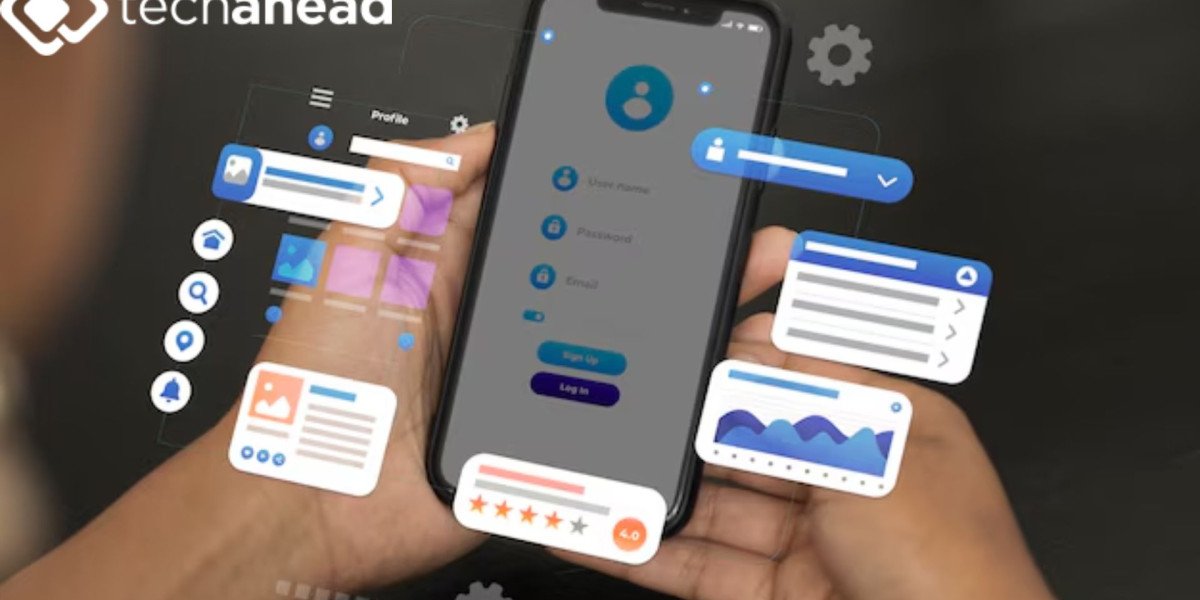With over 1.46 billion active iPhone users worldwide, businesses are racing to create apps that captivate Apple’s affluent, tech-savvy audience. However, building a successful iOS app isn’t just about coding—it demands expertise in Apple’s ecosystem, design principles, and cutting-edge technologies. This is where partnering with a top-tier iOS app development company becomes essential.
Whether you’re a startup aiming to disrupt the market or an enterprise scaling your digital footprint, choosing the right development partner can determine your app’s success. In this guide, we’ll break down why iOS development matters, what to look for in a development team, and the key features that define a top iOS app development company.
Why iOS App Development is a Smart Business Move
iOS apps are synonymous with premium user experiences and high ROI. Here’s why businesses prioritize iOS:
Premium User Base: iPhone users spend 64% more on apps than Android users, making iOS ideal for monetization.
Seamless Ecosystem Integration: iOS apps leverage Apple’s hardware (iPhone, iPad, Apple Watch) and software (Siri, ARKit, HealthKit) for unmatched functionality.
Security & Privacy: Apple’s strict App Store guidelines and encryption standards build user trust.
Faster Adoption of New Tech: iOS users quickly adopt updates, enabling developers to utilize the latest features (e.g., AI integrations, AR).
Brand Prestige: A polished iOS app elevates your brand’s reputation as innovative and user-centric.
From fintech apps with Face ID authentication to AI-powered fitness coaches on Apple Watch, the right iOS app development company can turn your vision into a reality.
Key Factors to Consider When Hiring an iOS App Development Partner
Not all developers understand Apple’s nuances. Here’s your checklist for selecting the best team:
1. Proficiency in Apple Technologies
Ensure expertise in:
Swift & Objective-C: Apple’s primary programming languages.
Xcode & UIKit: Essential tools for iOS interface design.
Apple’s Human Interface Guidelines (HIG): For apps that feel “native” to iOS users.
APIs & Frameworks: Integration with Core ML (for AI), ARKit, and CloudKit.
2. Experience in Your Industry
A company familiar with your sector (e.g., healthcare, e-commerce, gaming) will navigate compliance, user expectations, and technical challenges.
3. Focus on Scalability
Your app should handle growing user bases and feature updates without performance issues.
4. Security Compliance
Verify their adherence to Apple’s data privacy rules (e.g., App Transport Security, GDPR).
5. Cross-Platform & AI Capabilities
If your project requires AI features (e.g., chatbots, predictive analytics), partner with a team that doubles as an AI app development company to future-proof your app.
Top 7 Features of a Leading iOS App Development Company
What separates exceptional iOS developers from the rest? Look for these traits:
1. Custom iOS-Centric Solutions
Avoid generic templates. Top teams build apps tailored to iOS’s design ethos and your business goals.
2. End-to-End Development Services
From concept sketching and prototyping to App Store submission and post-launch updates, choose a full-cycle partner.
3. Agile Development Process
Agile methodologies ensure flexibility, rapid iterations, and alignment with user feedback.
4. Stunning UI/UX Design
iOS users expect intuitive, visually appealing interfaces. Prioritize teams that blend aesthetics with functionality.
5. Integration with Apple Ecosystem
Leverage Apple-specific features like Siri Shortcuts, Wallet, Apple Pay, and augmented reality (ARKit).
6. App Store Optimization (ASO)
A great app is useless if it’s buried in the App Store. Look for expertise in keyword optimization, metadata, and review management.
7. Proven Track Record
Case studies, client testimonials, and a portfolio of published apps demonstrate reliability.
The Synergy Between iOS and AI App Development
While iOS is the focus, integrating AI can elevate your app’s capabilities. A company skilled in both iOS app development and AI app development can:
Embed machine learning models (e.g., Core ML) for features like image recognition or personalized recommendations.
Optimize AI algorithms for iOS hardware, ensuring speed and battery efficiency.
Use Natural Language Processing (NLP) for voice-activated features compatible with Siri.
For example, an e-commerce iOS app could use AI to analyze user behavior and offer real-time product suggestions, while a healthcare app might deploy AI for symptom analysis.








